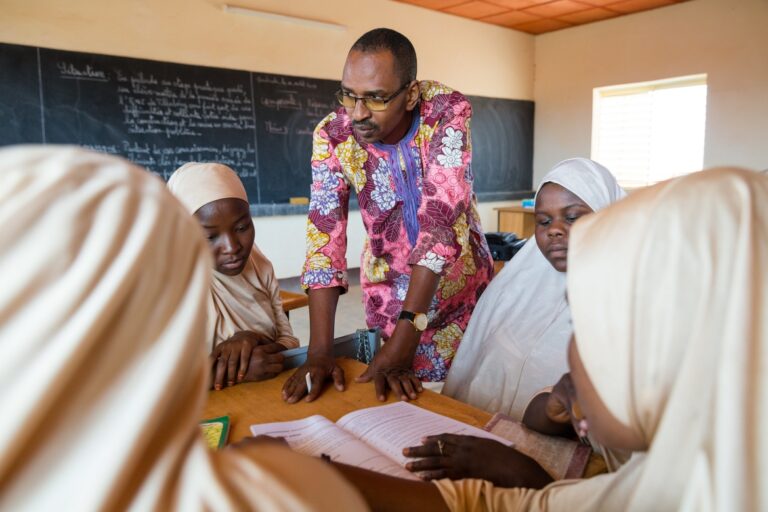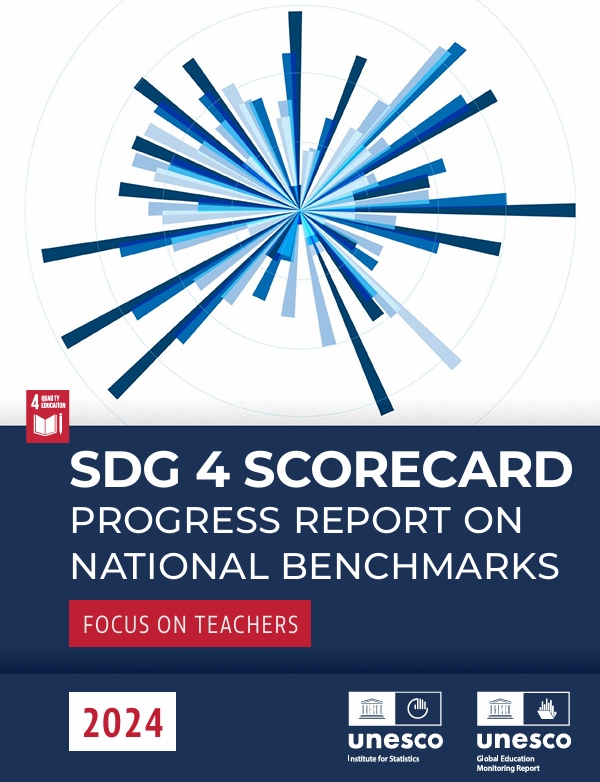Story Source: Mail & Guardian ~ Go to Original Article
All around the world, including in South Africa, one hears people talking about the fourth industrial revolution (4IR). Some talk with enthusiasm, others with anxiety. But what does this mean for young teachers embarking on employment? What are the implications for their preparation as teachers, as society looks at them to adapt their teaching methods to new technologies, and to prepare their learners for the future?
Education as a field has always been known to be slow to change.In some instances, this might be justified, in that there are some enduring values that pertain to the goals of education. So, in the context of the fundamental societal changes suggested by the fourth industrial revolution, and in particular on World Teachers’ Day (October 5), we need to ask: What must and should teaching hold on to, and what must and should teaching do differently?………...………………….……………………..






